Not everyone can handle the pressures of helming a Hollywood blockbuster. The studio interference and the huge scope of the production process come as a shock to some filmmakers used to do things in a smaller scale.
Some of them come off well, true to their visions and with a good movie to show for it: Canadian auteur Denis Villeneuve made the transition from indie flicks (Incendies) to Hollywood movies (Prisoners, Sicario) with ease and critical appraisal, for example.
Other directors crash and burn when they are pressured to put their signature on a big-budget film for the first time. Here are some of those:
1. Mark Neveldine/Brian Taylor
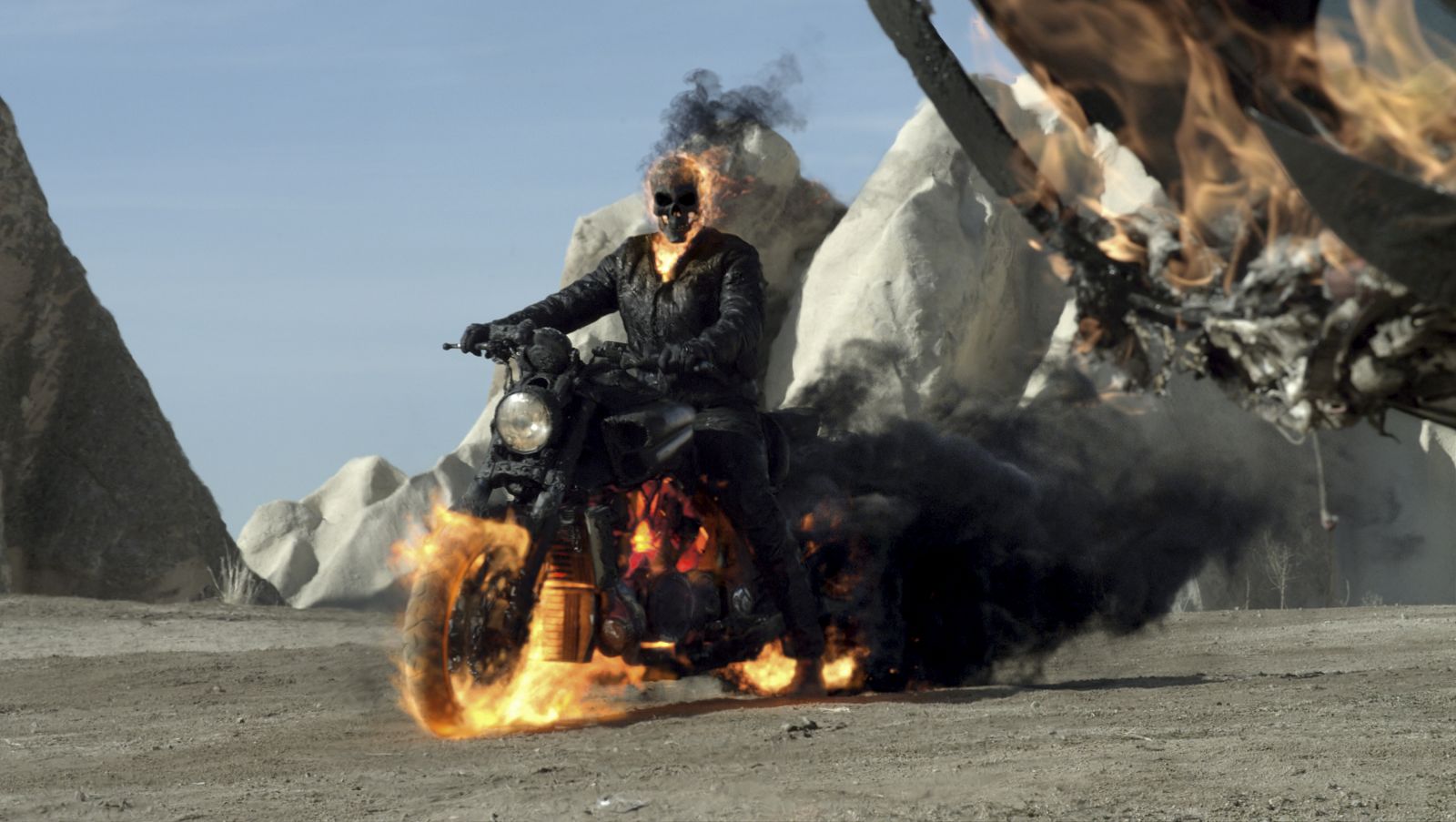
Recently, the duo of action directors split, with Neveldine taking full credit for the terrible The Vatican Tapes. The beginning of their directing career was some kind of promising, though, with the two movies of the Crank franchise proving to be rare action movies that fully committed to the mayhem and inherent absurd of its premise.
They’re not works of art, but they are brainless loads of fun if you just sit and wait for the next ridiculous development – essentially, they’re action movies that don’t take themselves seriously, and that’s a very rare commodity in Hollywood today.
Unsurprisingly, as soon as big studios caught up to Neveldine and Taylor’s talent, they were put to use in the worst way possible: Gamer is a self-serious mess starred by Gerard Butler and Logan Lerman; and Ghost Rider: Spirit of Vengeance tries for that dirty, gritty storytelling style they used in the two Crank movies, but is ultimately a deeply weird (and not in a good way) superhero movie.
2. Josh Trank
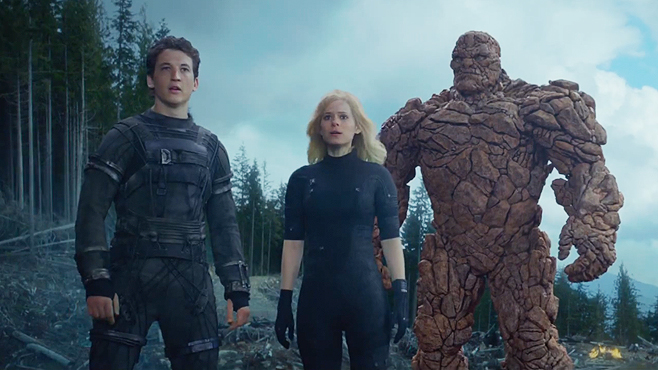
The “cool” thing to do when you’re making a big-budget movie nowadays is to hire an indie filmmaker to helm it, attracting the interest of an audience that he captivated in his previous efforts and attaching his good name to the “artistic” ambitions of the movie. Sometimes the stunt works, sometimes it doesn’t – as much as Josh Trank’s Chronicle posited him as an interesting choice for a superhero blockbuster like Fantastic Four, there’s no denying that, in this instance, it didn’t.
The studio interference, the limited running time, the tonal imbalance: every mistake critics pointed to in Fantastic Four are really there, but the sad thing about it is that there is a smidge of brilliance buried beneath all of its misconceptions.
The sequence immediately after the heroes attain their powers uses the special effects to create a body-horror setpiece that almost feels like it belongs to another, better movie, and the opening scene set in Ben and Reed’s childhood pulsates with scientific and nostalgic wonder.
3. Colin Trevorrow
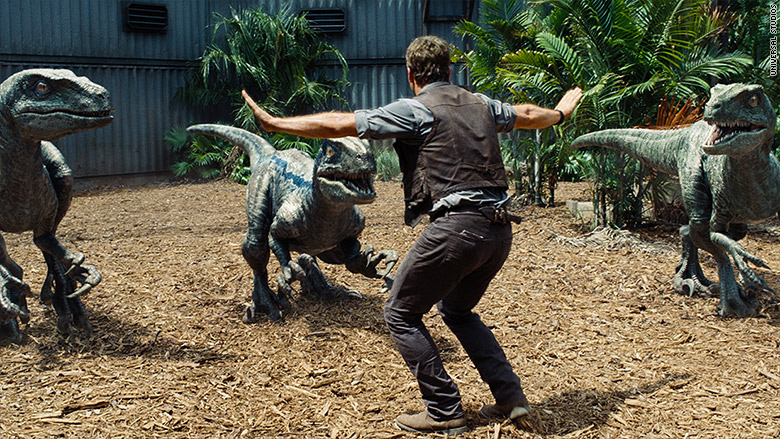
Safety Not Guaranteed is a captivating science fiction dramedy with cool ideas about relationships and belief, a smart cast, and an offbeat vibe that lends it a lot of credibility. It is the polar opposite of Jurassic World, a cynic and smart-ass “tribute” to blockbusters that nevertheless gives in to blockbusters’ oldest and most irritating clichés. It’s hard to believe they were made by the same guy, and that he was already hired to direct another big franchise entry (Star Wars: Episode IX).
The problem here probably was that, under the immense pressure of a big studio putting out a new entry to one of its highest-grossing franchises, Trevorrow took care of the script trying to obey every rule of the blockbuster textbook while also putting in some ideas about the nature of those movies and the mindset within which they are made.
Trevorrow has Naomi Watts, Lee Pace and Dean Norris in his next project, The Book of Henry, but the movie is written by Gregg Hurwitz (V). Let’s wait and see what’s next for the filmmaker.
4. Neill Blomkamp
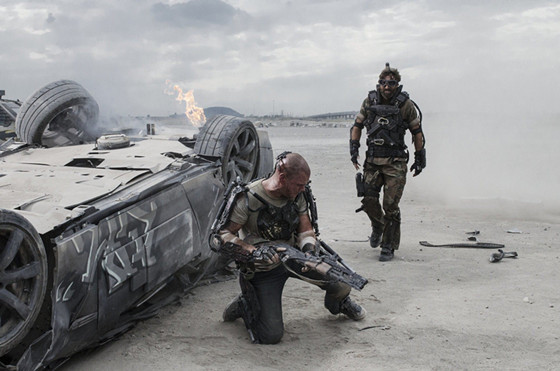
South-African sci-fi writer/director Neill Blomkamp was already Peter Jackson’s protégé when he released his first full-length, Disctric 9, but the production scale (and the names involved in it) were still relatively small. It’s a pulsating, brilliant movie – a rare contemporary science-fiction with social relevance and smart politics, anchored in an intense performance by Sharlto Copley, who was also absorbed (and misused) by Hollywood after the movie’s success.
Blomkamp’s follow-up came 4 years later, in the form of Elysium, that traded the smart sociopolitical message of District 9 for an on-the-nose metaphor, and a complex and antiheroic Sharlto Copley for Matt Damon in action-hero mode. It’s a blockbuster in its purest form, and it still has the advantage of some kind of political conscience and intention behind it, but it’s not worthy of Blomkamp’s promising debut. Chappie didn’t do much to redeem it, either.
5. Sam Taylor-Johnson
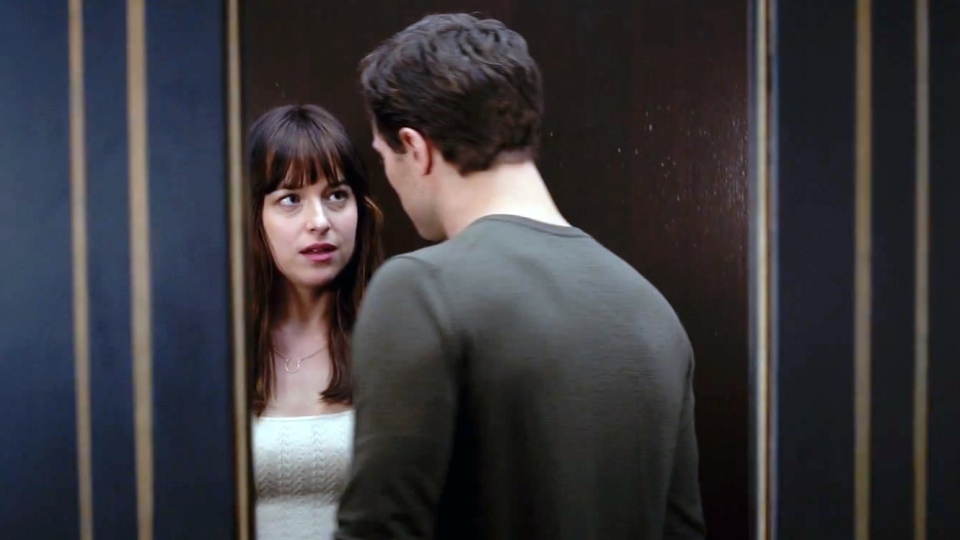
What drove British director Sam Taylor-Johnson to sign to direct Fifty Shades of Grey is a mystery for the ages. Though the filmmaker’s knack for sexually charged stories was clear since her debut in Destricted, a compilation film composed of erotic short movies, approaching one of the most successful, polarizing and persisting (and utterly cheesy and problematic)pop culture phenomena’s of the last few years was such a pressure-filled task that the director herself claims she doesn’t feel like directing ever again.
It’s a shame, since her first full-length, Nowhere Boy, was such a sensitive and interesting movie, chronicling John Lennon’s early life while making smart casting and filmmaking choices and constructing a film that stands on its own two feet as a drama, without the support of the Beatle’s extraordinary celebrity.